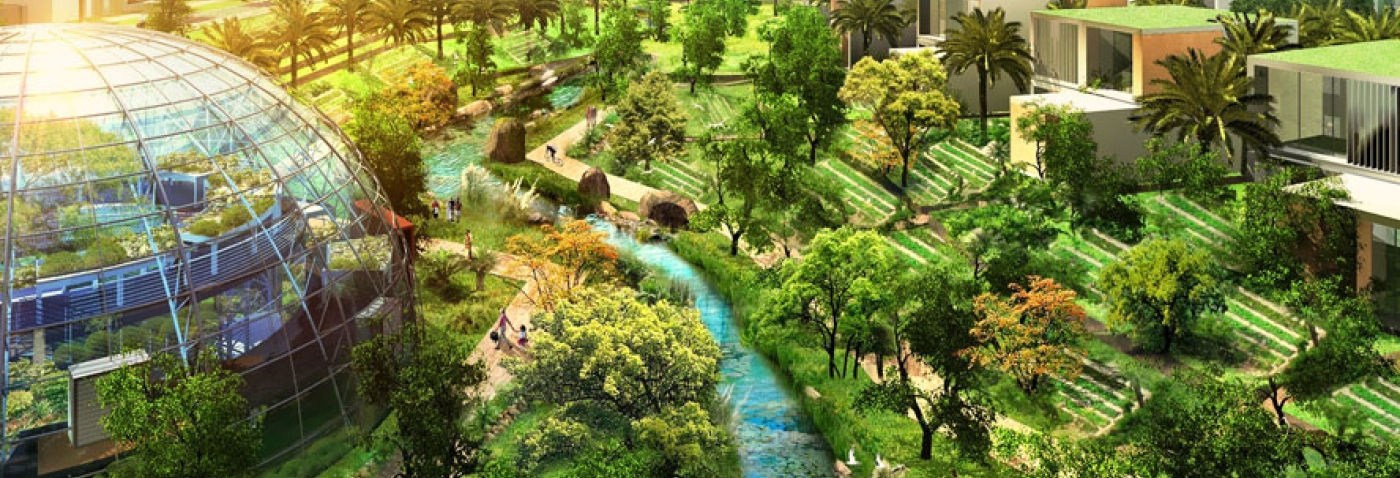College of Liberal Arts & Sciences

What is Sustainability?
Contrary to popular belief, sustainability is not solely about maintaining environmental quality. Rather, it is a systems way of thinking that emphasizes the need to focus on interactions between humans and their environments. A systems way of thinking prioritizes the understanding that one action within the system can influence another part of the system, shifting the perspective from separate and competing to interconnected and complementary. The well-being of people, places, and the planet are interdependent. An interdisciplinary approach is vital to build effective relationships and collaborations to promote sustainable knowledge, action, and understanding locally and globally.
Sustainability can be summarized by focusing on the three P's:
Planet focuses on ensuring a healthy natural world that is able to maintain its natural processes without much intervention by humans.
People refers to a society in which individuals can meet their needs and live a healthy lifestyle, both physically and mentally.
Prosperity is centered around providing all individuals with economic opportunity so that they have a good quality of life and can maintain that quality over a long period.
Sustainability Definitions
To pursue sustainability is to create and maintain the conditions under which humans and nature can exist in productive harmony to support present and future generations. - US Environmental Protection Agency
Sustainable development is development that meets the needs of the present without compromising the ability of future generations to meet their own needs. - UN World Commission on Environment and Development